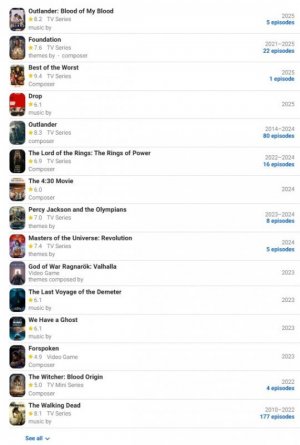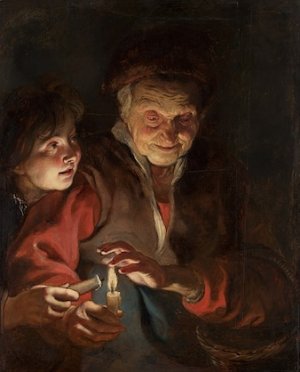JustDave
Well-known Member
First the definition: Tonal execution in film refers to the way filmmakers convey the emotional tone of a scene through various techniques, such as lighting, music, and camera angles. It shapes the audience's perception and emotional response, enhancing the overall storytelling experience. It also applies to music and art.
This is a new thing movie critics are addressing, probably because they're tired of the other things they have trashed to death. I've been running into the expression more and more lately. I did mostly figure out what it is, but it sounded so pretentious that I figured there had to be more to it, so I looked it up. No it's basically what I thought. I can understand writing and music, but Art??? When I read a movie review, I'm just trying to get a feel for whether I should spend my money on it at the theater. It's not like I'm going to ask, "OK you like the film, and you thought it was a good story, but how was the tonal execution?
It sounds like an odd thing to focus on. Mostly, it's something we intuitively or unconsciously pick up, and I'm guessing it's taught in drama courses. I'm thinking critics have latched on because they've run out of things to talk about.
This is a new thing movie critics are addressing, probably because they're tired of the other things they have trashed to death. I've been running into the expression more and more lately. I did mostly figure out what it is, but it sounded so pretentious that I figured there had to be more to it, so I looked it up. No it's basically what I thought. I can understand writing and music, but Art??? When I read a movie review, I'm just trying to get a feel for whether I should spend my money on it at the theater. It's not like I'm going to ask, "OK you like the film, and you thought it was a good story, but how was the tonal execution?
It sounds like an odd thing to focus on. Mostly, it's something we intuitively or unconsciously pick up, and I'm guessing it's taught in drama courses. I'm thinking critics have latched on because they've run out of things to talk about.



